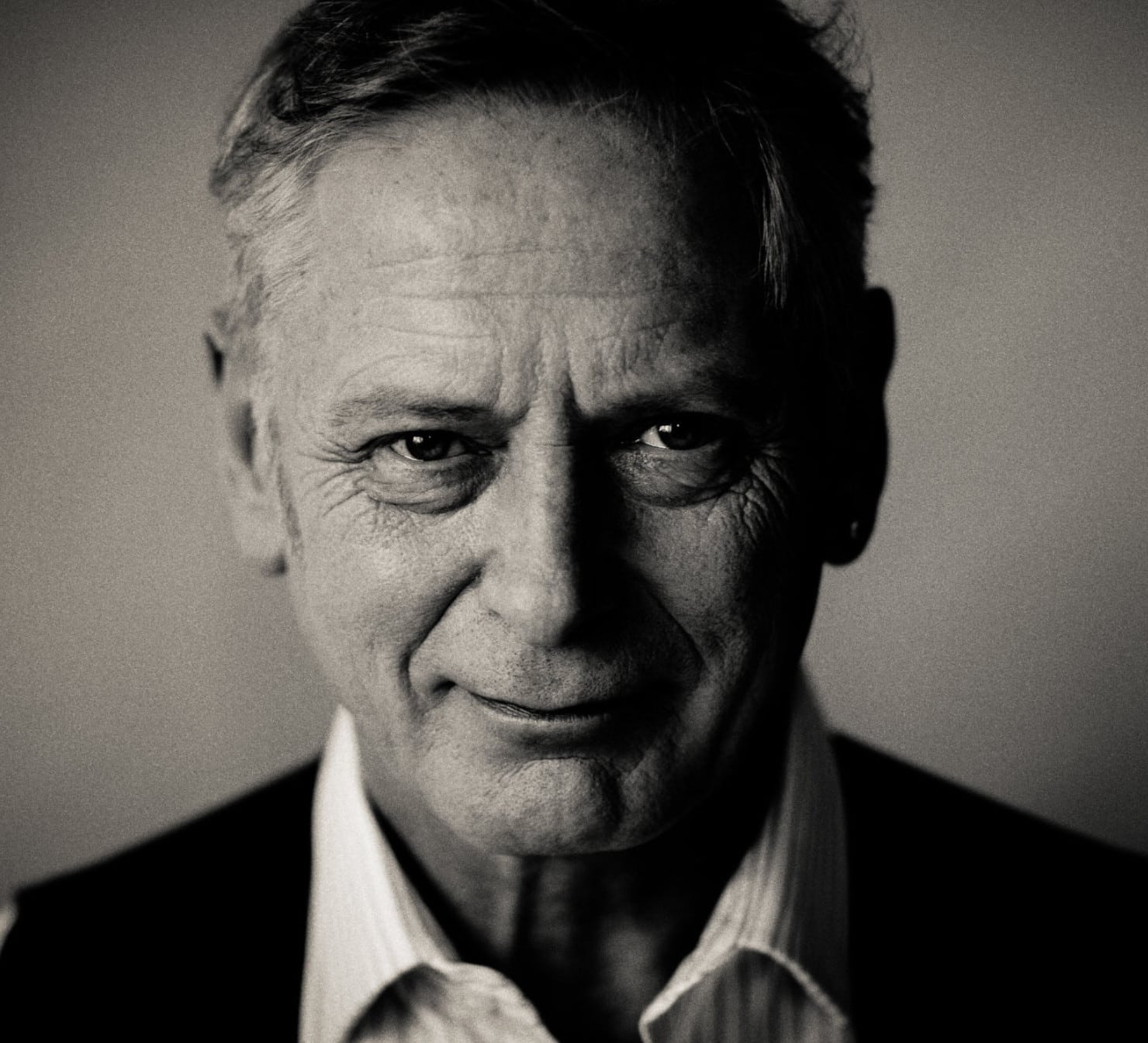Dutch blow 12.4 million on Eurovision
mainThe Dutch Government has agreed to splash out 12.4 million Euros towards staging the Eurovision Song Contest in Rotterdam next spring.
The total costs are 26.5 million.
The minister responsible is called Arie Slob.

Adds a whole new meaning to the term ‘going Dutch’.





Boo!
I’m a citizen of Rotterdam
I have been looking in disdain for the past 30 years at Dutch government systematically destroying the symphony orchestra landscape of the Netherlands…! It hurts even more to see such amount of public money being spent on an event of very questionable artistic quality to say nothing about the cultural heritage aspect. Although I am not implying that Eurovision Song Competition should disappear, I believe it is not responsibility of tax payers (me among them!) to support this highly commercial event.
26.5 million Euro right down the toilet. But what a fancy special effects state of the art toilet that is.
Meanwhile they have been cutting classical orchestras down in the Lowlands.
The Dutch masses always had a certain disdain for higher cultural aspirations. Farmers and traders. The farmers have it.
Your observation illustrates a very poor knowledge of Dutch history, especially of Dutch art history. Please try to get some basic information on this item before trying to be funny.
Dutch art history is quickly told. In the ‘Golden Age’ (17th century) the country was on top of the world, both economically, politically, and in terms of society and modernity, and its culture flourishing. It was a bourgeois culture of free citizens. At the end of that century, the french court culture began to be imitated all over Europe, and the specific Dutch cultural character eroded quickly. After that, gifted artists tried to escape the country and make their career abroad, because the cultural field had fallen asleep and could not wake-up in spite of regular, vain stirrings. Because of its petty-bourgeois and populist character, the country never developed a functioning elite, in terms of culture and thought, as there always has been in France and Germany.
There are only ca. 2000 thinking people in Holland, who come together at the annual Nexus Conference to forget their isolation for one afternoon and contemplate their sombre fate.
petty-bourgeois?
petit-bourgeois?
This description of the Dutch Golden Age is right, but the rest of the comment is not accurate, even prejudiced. Current Dutch artistic life is rich in many aspects: classical music, opera, ballet, architecture, literature, painting, experimental art, etcetera in many cities in the Netherlands. The funding by the Dutch government of the European Song Contest in Rotterdam, whose city center was destroyed by the German Luftwaffe in 1940, is just a footnote, not earning all this commotion.
The riches of artistic life in Holland are the representative arts, not the creative arts. And also they are gradually being undermined by government cuts, orchestras having to merge, museums having to deal with less and less money and forced into sponsor programs (small museums often have to close), ballet companies folding, etc. One of the typical signals of this general trend is the type of courses offered at Dutch conservatories: pop music, hiphop, DJ, musicals.
I don’t know much about the workings of this esteemed event but I’m surprised that it isn’t capable of operating on a purely commercial basis.
The government reflects the deep collective instincts of the wider population, so while support for culture is gradually being squeezed-out, the sympathy of the masses for their representatives is bought by such gestures. Poverty is rising in Holland, soup kitchens proliferating, police force shrinking in the face of increasing crime – but football matches and pop events are celebrated as much more important.
Countries often sustain entertainments in hard times — the British government went to great lengths to keep the London theatres open during the war. There are elements that think that as long as there is a homeless person, there should not be a penny of public money spent on art; the counter-argument is that the public purse, finite as it is and needing to be divvied up, is there to feed soul as well as body.
But it seems preposterous that public money goes to commercial ventures — unless there is a payoff in it that it goes back to the public purse increased xfold.
My first thought when (finally) getting around to reading this was that in a week when Andre Rieu makes a substantial personal donation to music education to make up for its absence, his government should be doing this. Welcome Eurovision by all means — there is rooms for all. But there is no need for an apparently-struggling government to subsidise it.
Receding government support is probably the reason the revered Jansons left the RCO for the BRSO years ago.
Vox Populi.
A cheap gesture of the Dutch government.
However, costly and unexplainable for its taxpayers.